Burrel was where I saw the extent of how much a human could bear. Experiments were done on people. I still vividly recall that in Burrel, we would find the gate by seeing our own kind. There were many legless people there, or people with one leg only, walking on crutches, crawling, yet not giving up.
They taught us that we needed spiritual strength in prisons because communism had no mercy. If the regime didn’t have mercy on them, I would never imagine that they would have mercy on us. When I went to Burrel, I was a 22-year-old young man. I was physically strong. I feel happiness and pride in my soul when I say that all my
comrades who went through the same struggle were better than I.
They gave me strength and life. They gave me their food, their ration.
Even today, in my home, hundreds of former convicts are welcome and come and visit. They are like brothers. According to communists, man was an animal. The folded newspaper was 25 centimeters. That was where you were
supposed to sleep. The rooms had cement floors.
You woke up in the morning to the sound of the whistle, made the bed, and were not entitled to get in the sheets anymore, only stay on top of it. They handed us 500 grams of bread, two meals a day, where if you found a single bean or grain of rice you would as well celebrate. The cells were made of cement. Torture was
carried out there. I still remember quite clearly that the iron bars of these calls were used to
tie the Italians’ donkeys once upon a time. Communists turned it into suffering for Albanians.
I saw a lot in Burrel, and that is where I learned about the humane feelings that prisoners had
for one another.

